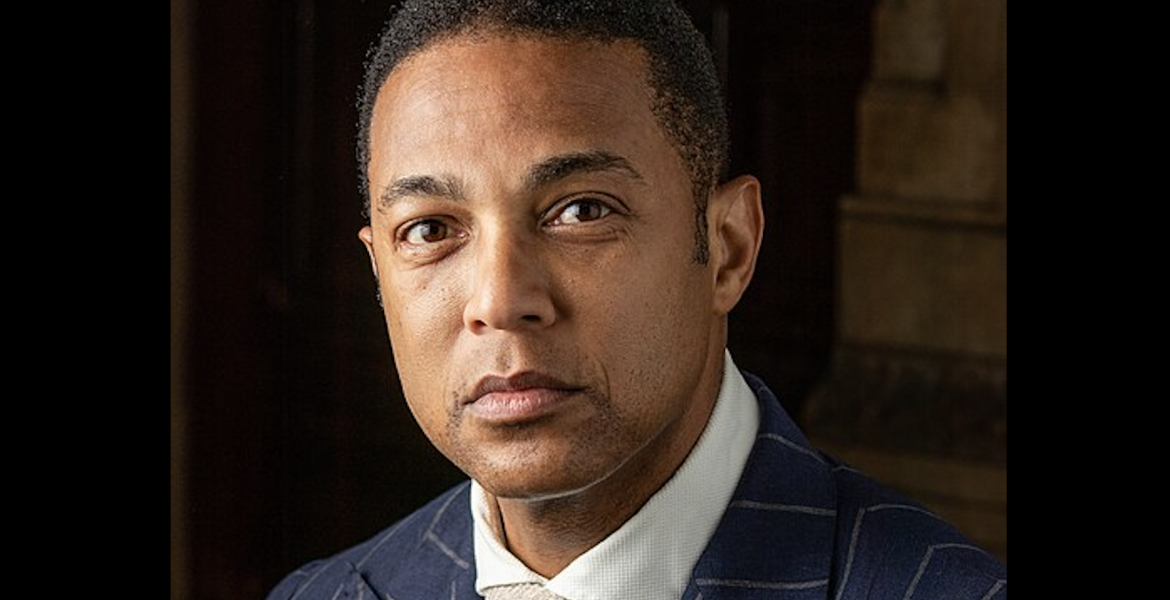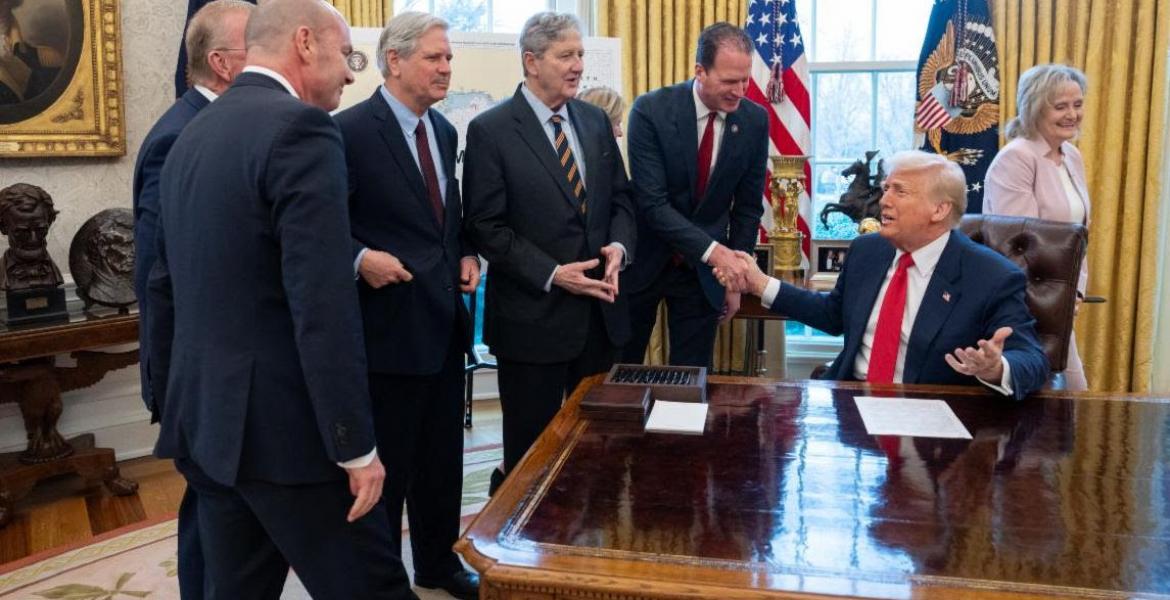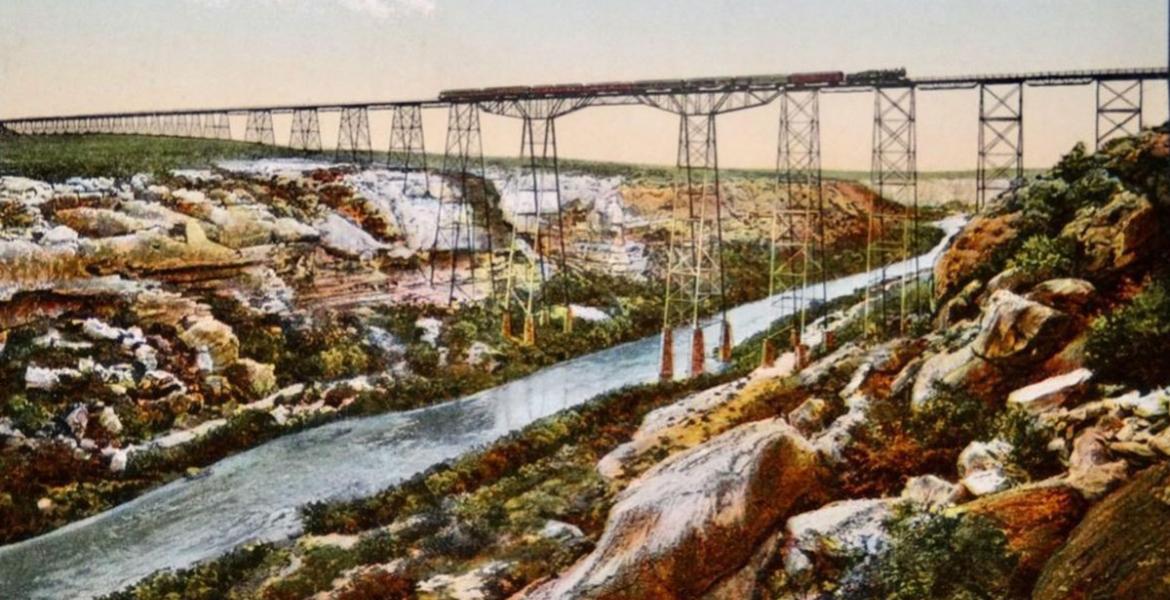Because of the pace of Fear the Walking Dead, I decided to write a final review on the last two episodes, and to do things a little different. As usual, I will give an overview and analysis of the episodes and the final rating, but I also hope to inspire a discussion with The Walking Dead Fans in San Angelo and the surrounding area. Although I would have liked to do this earlier in the week, news takes precedence over LIVE! Thought, but better late than never in my opinion.
The Final Analysis
I have spent many years studying the issue of violence in contemporary literature and film; and because of the nature of violence in the TWD series, especially when it comes to man versus man and man versus nature, I wanted to see how those themes would play out in FTWD; the writers didn't let me down, especially in the final two episodes.
In my prior review, I discussed how the military appeared to be the antagonist of the show because of its handling of the apocalypse and of the people, and that turned out to be correct. After the finale of FTWD Sunday, one of the writer’s appeared on Talking Dead and confirmed the military were the more dangerous threat to the characters rather than the walkers this season, but when we think about war and how things take place in the show, the actions of the military are understandable.
Before I explain further, I have to clarify that we witness both necessary and unnecessary violence repeatedly in American culture, and this goes back to what theorists refer to as the Cowboy Myth. According to the myth, the great American hero has to engage in necessary violence to defeat the savage enemy, even if we don’t agree with those actions. Unnecessary violence occurs when the savage commits acts of violence simply for the thrill of it or because it’s part of his or her nature.
By the end of the show, we learn the characters and the military both engage in necessary violence, but their ideas of how to handle that violence creates conflict. Because of that, they fight amongst one another to the point where man becomes more dangerous than the savage, which in this case includes the zombies. This conflict reveals the flaws of human nature and what happens when chaos ensues.
For example, we know the men and women in uniform are trained to do whatever is necessary for the good of the county and to defend U.S. values and interests. That includes engaging in violent acts. War is violent obviously, and in every war there are casualties. People in the military understand this, but they have a mission; and regardless of the cost, they have to fulfill it.
In FTWD, the mission is clear. The military officers have to fight an unknown threat while at the same time keeping people from learning the truth; a truth that could cause mass chaos; because let’s face it, people can’t handle reality at times, especially when it involves reanimated corpses. However, not knowing the truth also creates fear, and although the citizens look to the military for comfort and attempt to go about their lives as if everything is okay, they remain suspicious.
Despite this suspicion, however, they do go about their daily lives while the men and women in uniform have to confront a harsh reality on a daily basis, which explains the intolerant attitude of the commander in charge and why the officers barge into Madison’s house to take Nick, Griselda and Liza. Their methods are viewed as harsh and violent, but to the military, that violence is necessary to keep the possibility of death and chaos at bay.
The only person to truly learn what the military has to face is Travis thanks to his outing with officers in the penultimate episode. When Travis sees the woman in the shop, who is now no longer a woman, he has a hard time killing her because of her name badge. He sees her as a person, but she’s not, and that’s the reality many people wouldn’t accept if they knew the truth. Travis has no choice but to accept reality though when he witnesses the military officers die fighting in a building full of zombies.
Now that’s not to say that some of the officers don't take advantage of people’s fear, as with the cufflink exchange between an officer and Strand, but that’s expected during times of war, or in this case, the apocalypse. There are good and bad in all groups. However, nature has a way of coming back, and that officer meets a violent death in the last episode.
Additionally, we learn that Daniel wasn’t the victim of government violence, but rather the perpetrator. Like the military men and women, he too had to engage in what he perceived as necessary violence. In times of war, that violence remains a means to an end and there’s no going back, which is why he takes the officer, Andy, captive and tortures him for information.
In fact, after Ofelia learns what he did both to Andy and in El Salvador, she is heartbroken and disillusioned. Madison walks in during their confrontation, and Daniel tells her, “I told her about the violence. What was done. How we suffered. I told her everything except which man was me. Do you think she would understand that it was necessary then to survive? That it is necessary again?”
If it hadn’t been for his actions, the group would have never learned that the military planned on deserting the area and the people, nor would they have made it to the military camp in time to recover Nick and Liza. They also would have never discovered that Griselda gave into her wound. Dr. Exner and the officers were right when they took her because they knew she would die, and they knew what she would become.
Travis, who appeared the weak humanist in the beginning, also has to loosen his moral compass by the end of the first season. After witnessing what he did in the city, he begins to reveal a strength not seen before, but he does falter in the last episode by letting Andy loose. He didn’t agree with Daniel’s method of violence, and he couldn’t understand how Madison condoned it, but in the end, he learns. As a result of his lack in judgment, Andy sets out for violent revenge against Daniel, and shoots his daughter. Right after the gun goes off, Travis gives in to the violence and slams himself against Andy and begins to pummel the man with his fists. When he’s done, it’s unclear whether the man is alive or dead because the group leaves him on the floor.
Although some people might refer to Travis’ actions as unnecessary, he stopped the now deranged man from causing further damage. Revenge is unnecessary violence, so the officer turns savage in the end, and it’s up to the cowboy or the hero to eliminate the savage other with necessary violence. It’s also up to the cowboy/hero to provide mercy killings when necessary, so although Travis isn’t a violent man, he has to accept the responsibility of ending his ex-wife Liza’s life with a bullet to the head. Even though she was the woman he once loved and the mother of his child, he has to take charge and keep her from becoming the savage.
As we would expect with the apocalypse, the show ends with unnecessary violence as the walkers overcome the military camp and savagely kill anyone in their path. Walkers are no longer people but savages, animals with no logical thought process. They only know the concept of survival and that means they have to hunt, kill and eat. That’s nature in a nutshell, and nature itself is violent because it does what it has to for survival.
The Final Rating
Fear the Walking Dead, as a spin-off show, portrays an interesting perspective TWD fans didn’t have before. We get to witness how the end takes place, and although things were a bit slow in the beginning, the unraveling of the apocalypse appears real in a frightening way because things we see taking place today cause humanity’s downfall.
The first season does leave viewers wondering the following:
- What would happen if life as we know it came to an end, and how would we react?
- How would our government and military react, and how would they protect us against a threat they themselves have never come up against before?
- How do we fight an unknown threat, and how would we treat one another?
All in all, FTWD does leave viewers questioning our humanity, and it does a good job showing how our depravity causes our demise, but on its own, it would not survive in the way TWD has, which is why San Angelo LIVE! gives the show a B rating overall.
Final Thoughts and Questions for Discussion
Now that the first season is over, I have to admit I’m still not sure how I feel about the series. As I stated, I like the themes of the show, but I don't care about the characters like I do in TWD. I imagine that was intentional by the writers to show our weaknesses as a society today, but I can’t say I’m at the edge of my seat rallying for a second season. In a way, I would like to see how the characters develop more now that the end is here, but I feel we get that with TWD, so I’m a bit conflicted.
With that being said, I would be okay if AMC produces a second season of FTWD, but I won’t lose sleep if the network doesn’t. What I do know is I can’t wait for the sixth season of TWD, and I would lose sleep if that series ended.
How about you, the fans in San Angelo? Do you think there should be a second season? Why or why not? Also, what would you say is the best episode this season, and what are your thoughts on the characters? How would you rate the show overall?
Subscribe to the LIVE! Daily
Required






Comments
Listed By: REBECCA KINGSTON
i disagree that the viewpoint is necessary vs unnecessary violence; i think its more dependant upon point of view. as Rick & co walk into Alexandria, they are clearly seen violent and irrational. in fact, they're survivalist in the new world with Alexandria & co being weak & soft. i do agree that i could care less if S2 is picked up, although i would storm the gates of AMC if we lost Rick & co. i did hear a rumor that Carl might lose an eye in S6, as he does in the comic books?, and it hardens him.
- Log in or register to post comments
PermalinkListed By: Brandy Ramirez
Indeed, Rebecca. I think the aspect of violence changes in the apocalyptic world. Rick and his crew become immersed in that violence and it transforms them, as I imagine it will with FTWD group. To viewers, we understand the necessity of it because we have witnessed all they group experienced. However, the group at Alexandria definitely hasn't. So I agree that point of view plays a role from the characters' perspective. When I speak of necessary versus unnecessary violence, I'm talking from the viewers perspective. Again though, we all view violence in different ways, and experience I believe determines that.
As for storming the gates of AMC, I'm with you on that if the show canceled too soon. What I like about the series is it sometimes contradicts the comic books. The writers have made some changes I actually agree with, so I'm curious to see if Carl does indeed lose an eye.
Thank you for sharing your view.
- Log in or register to post comments
PermalinkListed By: West Texas Insomniac
I've enjoyed your reviews. AMC signed FTWD for 2 seasons, based on the success of TWD, so a 2nd is already guaranteed without an unexpected cancellation.
I was watching reruns of TWD over the weekend, and caught "TS-19", the sixth episode and season finale of the first season. Fans will remember that the group was disillusioned and tired of running when they came across the CDC facility, manned by Dr Jenner. It's a very busy episode, tying up some loose ends from the beginning, and the group realizing that human civilization has ended as we know it. The flashback to Shane saving Rick at the hospital, with soldiers killing civilians and walkers alike, reminded me of where we are with FTWD. The character development in FTWD was tedious, but I am looking forward to Season 2. We discovered that Travis can toughen up when needed, and...don't mess with Salazar. In my own circle, we all agreed that it was tough finding a likable character until the final 2 episodes. I did think it was funny during Talking Dead, when someone mentioned the possibility that Travis was becoming a "Rick Grimes" character, everyone laughed it off & said basically there is only one Rick Grimes.
So, we know the concept now by heart, but where does fantasy & reality meet? Other than zombies, what could cause a quick downfall of civilization as we know it, forcing us into the chaos seen in FTWD? A giant EMP, knocking out electric service, communications, and all the computers would do it. Cities would start running out of gas & food in short order. No one's credit/debit cards would work. Transportation of goods would grind to a halt. It might not even take an EMP...a large scale cyber attack would do it. So would a fear of pandemic disease, (see the Ebola scare). Suddenly people that have been prepping, for only God knows what, are the only ones with food, water, fuel, etc...There would be a run on the Walmarts & grocery stores, the pharmacies...And this would be going on in every city in America, large & small. What's your bugout plan? Can you leave the city for 72 hours and survive without eating bugs and drinking creek water? Or would you shelter in place, as I'm sure the government will instruct? The characters on FTWD obviously didn't have a plan in place, shared with family, friends, or neighbors. Who's more responsible; those that say such a collapse could never take place, or those quietly planning for it? Whether it's a natural disaster, economic collapse, or social unrest, do your people know what to do & where to go? If not, you're setting them up for failure.
BTW, did you happen to read Kurt Schlichter's take on the characters in FTWD? Schlichter is a retired Army infantry colonel and a trial lawyer in CA. It's easy to find if you're interested.
- Log in or register to post comments
PermalinkListed By: Brandy Ramirez
Thank you, West Texas Insomniac (I like your screen name by way). I'm glad you have followed my reviews. Admittedly, I laughed too when the reference was made about Travis being a Rick Grimes. Indeed there is only one. Also, Rick started off with a strong moral compass, but he wasn't afraid to protect those he loved with that "necessary violence" I speak of. If anything, he tries to regain a sense of order in world that lacks it in the beginning, but once he learns that's no longer part of the rules, he adjusts and does what he has to.
Now Travis tries the same thing, but he's exceptionally soft in the beginning. However, in the end, he comes through, and I think that's the important turning point. He will definitely not be a Rick Grimes though. If any character gets that reference, I say it's Daniel because he does what has to be done for survival whether people agree with him or not.
I also completely agree with you on the fantasy versus reality aspect. I think that's what is powerful about TWD and FTWD. It does call into question how prepared we are if something did come about. It also reflects our complacency in life and that belief that we're somehow above catastrophe. That's because we're spoiled as Americans. Our officers go to other countries to fight wars and they have to see the true reality of poverty, destruction, and chaos. We whine if our fast food burger isn't cooked to our liking or if Starbucks used regular milk instead of fat free. Granted we have our threats, but minus Sept. 11 and the few terrorist acts, sadly many of those by fellow Americans, we have not had to deal with the ultimate catastrophe. Therefore, this is where I would disagree with Schlicter's take on the characters. I agree that we have those extreme liberals who take things a bit too far--no different than we have the extreme conservatives who do the same--but I think if something truly happened, many Americans, no matter their political leaning, would be ill prepared because we have become so complacent and we believe we're untouchable.
That's why I liked the aspect of the military in the show. We do place a lot of expectations on our men and women in uniform to keep us safe because we have the strongest service in the world. When their out fighting wars and terrorists, beyond their families who worry about them daily, we don't give them a second thought as we go about our daily lives. This show reveals that crutch, and when the people lose that, they lose their lives. Overall, that's what makes your questions so powerful, and why I've become such a fan of TWD. It, along now with FTWD, gets us thinking about the answers to those questions.
- Log in or register to post comments
PermalinkListed By: flight watch
I think the season did a great job of showing how the military would react during a martial law event where twenty something year old Lieutenants and Sergeants were in charge of entire neighborhoods and large numbers of civilians. It goes to show just how fast power can corrupt. I do agree with general consensus that character development and likability wasn't as good as it should have been, but it had 2 big things working against it: First is that they are trying to compete with the most successful cable tv show of all time. We have all become family with TWD cast and we know them inside and out. Even with that, it still takes time to build a relationship with new characters. Secondly, 6 episodes is not a lot of time to develop characters. All in all, I hope that they bring the series back. I'm curious to see how they handle the desert...or if they even make it.
- Log in or register to post comments
PermalinkListed By: Brandy Ramirez
You are so right. I think we like to forget that our men and women in uniform are young, and although they fight for a cause, they're human. We're also witnessing an age-old story that repeats itself continually. People get into a place of power and they want more. However, I like how FTWD shows what happens to those people who get corrupted by that power. That officer who bribed Strand for the expensive cuff links experienced a horrible end because of his actions. You also mention something I didn't really think about. TWD is an amazing show, and we have had six seasons to learn every aspect. A few months ago, I started re-watching the seasons with my husband to get him on board with the show. He's now hooked, which is no surprise. One thing I remembered though was how I felt at one time about Rick. I remember thinking he was a bit annoying because of his nice guy mentality. I actually liked Shane more until he went crazy. However, those feelings did change over time.
Thus, I'm with you. I too want to see how these characters develop. I also want to see what takes place with the military because after reading your comments, I also remembered how the military is non-existent in TWD. Many of the officers were taken over and killed, and many of them were zombies. I hope the next seasons of FTWD answers those questions. It's nice getting "the what happened" before aspect to the story.
That's why I wanted to have this discussion. I love when people get me looking at a show or film in a new way :).
- Log in or register to post comments
PermalinkListed By: REBECCA KINGSTON
Thanks West Texas Insomniac for the lead to
https://journal.ijreview.com/2015/09/248097-the-actors-on-fear-the-walking-dead-exemplify-everything-thats-wrong-with-liberalism/, i disagree with everything he said but i loved the article! lol.
- Log in or register to post comments
PermalinkListed By: milo otis
Great article Brandy , the walking dead are all over tom green county , and they are real scary . They come out in droves at election time , instead of food ,food , they chant vote republican must vote republican .
- Log in or register to post comments
PermalinkListed By: Brandy Ramirez
I have to say Milo Otis, you gave me a great mental image of that and I had a great laugh :). Thanks for your feedback as well.
- Log in or register to post comments
PermalinkPost a comment to this article here: